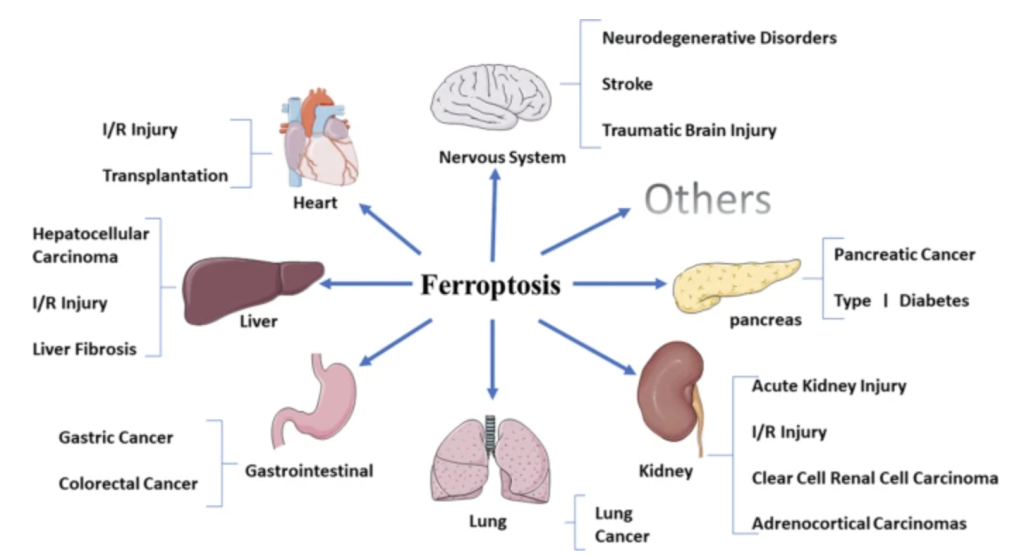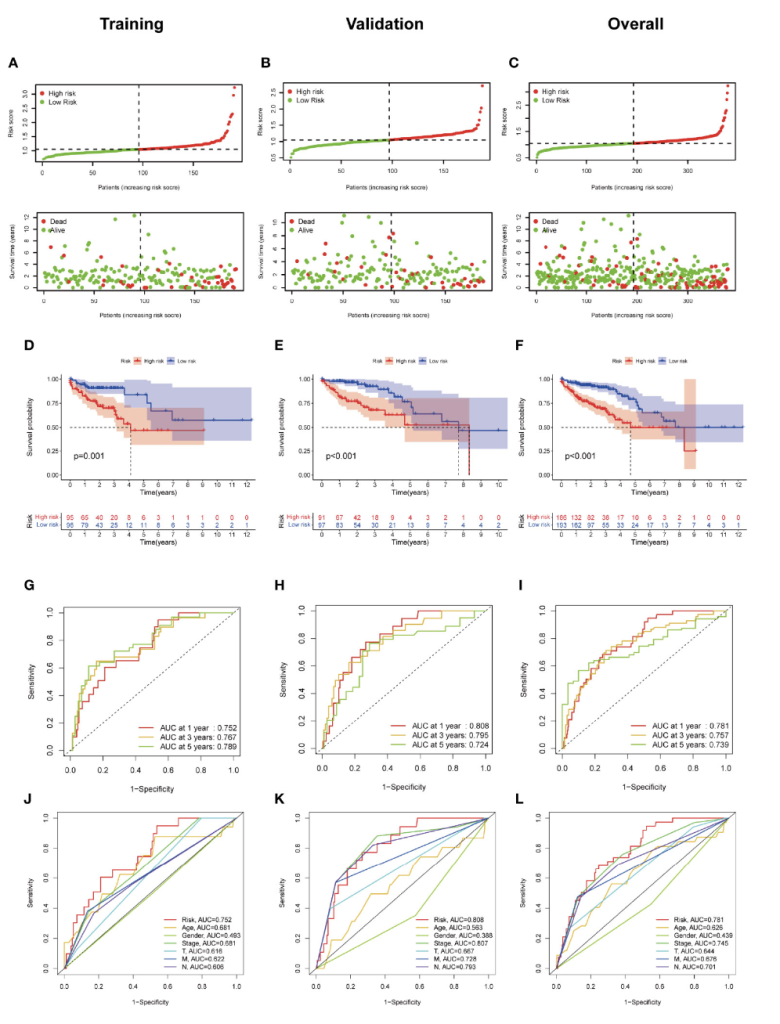Obsessive-compulsive disorder (OCD) can be severely disabling, and some patients do not respond to standard treatments like medication and therapy. Deep brain stimulation (DBS), an invasive neurosurgical intervention where thin electrodes are connected to a neuro-pacemaker and introduced into subcortical central structures of the brain to modulate pathological neuronal activity with electrical current, has shown promise for these treatment-resistant cases. However, responses to DBS vary widely, prompting a need to identify genetic factors that might predict which patients will benefit. Understanding these genetic markers may ultimately lead to more personalized, effective approaches for treatment-resistant OCD.
This study (Chen et al, 2023) conducted a preliminary genomic analysis on a small cohort of patients with severe, treatment-resistant OCD who received DBS. Researchers sequenced the patients’ DNA to examine specific genetic variants. These included instances where a single nucleotide in a genomic sequence was altered in a phenomenon known as single nucleotide variants and among other genetic markers previously associated with psychiatric disorders and traits related to treatment resistance. Statistical analysis was then applied to explore any associations between these genetic markers and the clinical outcomes of DBS in these patients.
The results identified several genetic markers such as missense variants in the gene KNCB1 that seemed to correlate with positive or negative DBS responses. However, because the study involved a small number of participants, these findings are considered preliminary. Certain genetic variants showed potential as predictors for treatment outcomes, but further research with a larger sample size is needed to validate these associations and understand the mechanisms by which they influence DBS response.
This study provides initial evidence that genetics may play a role in how patients with treatment-resistant OCD respond to DBS. If validated by larger studies, these findings could pave the way for genetically-informed approaches to selecting and optimizing DBS candidates, contributing to more precise, personalized treatment strategies for severe OCD cases.
References:
Long Long Chen, Matilda Naesström, Matthew Halvorsen, Anders Fytagoridis, David Mataix-Cols, Christian Rück, James J Crowley, Diana Pascal (2023) Genomics of severe and treatment-resistant obsessive-compulsive disorder treated with deep brain stimulation: a preliminary investigation, medRxiv , https://www.ncbi.nlm.nih.gov/pmc/articles/PMC10153313/


